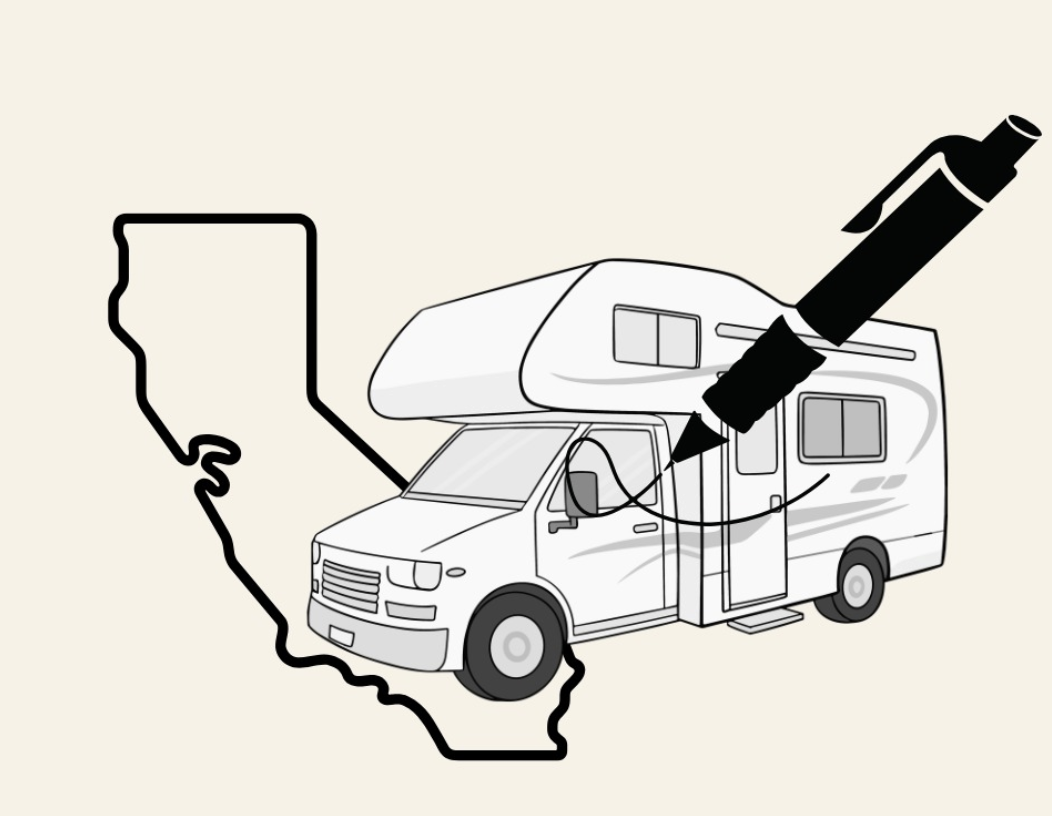LA Councilmember Traci Park has introduced her twentieth motion targeting people who live in vehicles, this time ordering city departments to immediately implement AB 630, a controversial state law that allows cities to seize and destroy recreational vehicles valued under $4,000 after just 30 days .
The motion directs the City Administrative Officer, LAPD, and Department of Transportation to create procedures for identifying, valuing, and disposing of vehicles and to report back within 30 days. AB 630 does not take effect until January 2026, but Park wants Los Angeles to move ahead now. If adopted, the measure would fast-track the destruction of homes for thousands of people living in their vehicles. These are the same residents already targeted by a long series of Park’s enforcement motions.
An analysis of her legislative record shows that Park has introduced at least twenty separate motions since taking office that criminalize or restrict vehicle dwelling. These include repeated efforts to expand “oversized vehicle” bans, authorize immediate towing in Westside neighborhoods, make it illegal to to provide vehicles for rent, and increase funding for enforcement operations rather than services.
AB 630 was marketed as a fix for abandoned RVs, but housing and civil rights advocates warned Governor Gavin Newsom that the law “will strip vehicularly housed people of their most valuable asset, at great cost to law enforcement, local governments, and the courts.” The ACLU-led veto request noted that almost 40 percent of unhoused people in Los Angeles County live in vehicles and that destroying these vehicles will push families, seniors, and disabled residents into street homelessness.
Research supports that warning. The Keep Moving: West LA Vehicle Residents Survey from UCLA and the Venice Justice Committee found that most vehicle residents had been previously housed and moved into cars or RVs after rent hikes or eviction. Nearly half had lost a vehicle to towing, and many described their vehicles as their last source of safety, stability, and access to work . The report concluded that the city’s enforcement policies create a “vicious cycle of debt and dispossession” that deepens homelessness instead of solving it.
RAND’s 2024 longitudinal study on homelessness underscores the same point. The report found that Los Angeles’s homeless count has not actually gone down, despite city claims. Instead, aggressive enforcement, especially against vehicle dwellers, has driven many people into rough sleeping, where they are harder to find and count. Families are overrepresented among those who once lived in vehicles, meaning that the city’s “progress” reflects displacement, not reduction. The study found that the apparent drop in homelessness stems from “changes in visibility and geography” caused by enforcement, not from people being housed.
Park’s motion to accelerate AB 630 continues that pattern. Rather than creating safe parking programs, repair assistance, or pathways to housing, it orders the city to start destroying homes months before the law even takes effect. The ACLU warned that such actions “will not improve the homelessness crisis in either Los Angeles or Alameda County; it will only exacerbate it.” If Los Angeles truly wants to reduce encampments and restore public safety, it should invest in humane strategies that work. The Keep Moving study and the RAND report both point to the urgent need for stability, not punishment.

